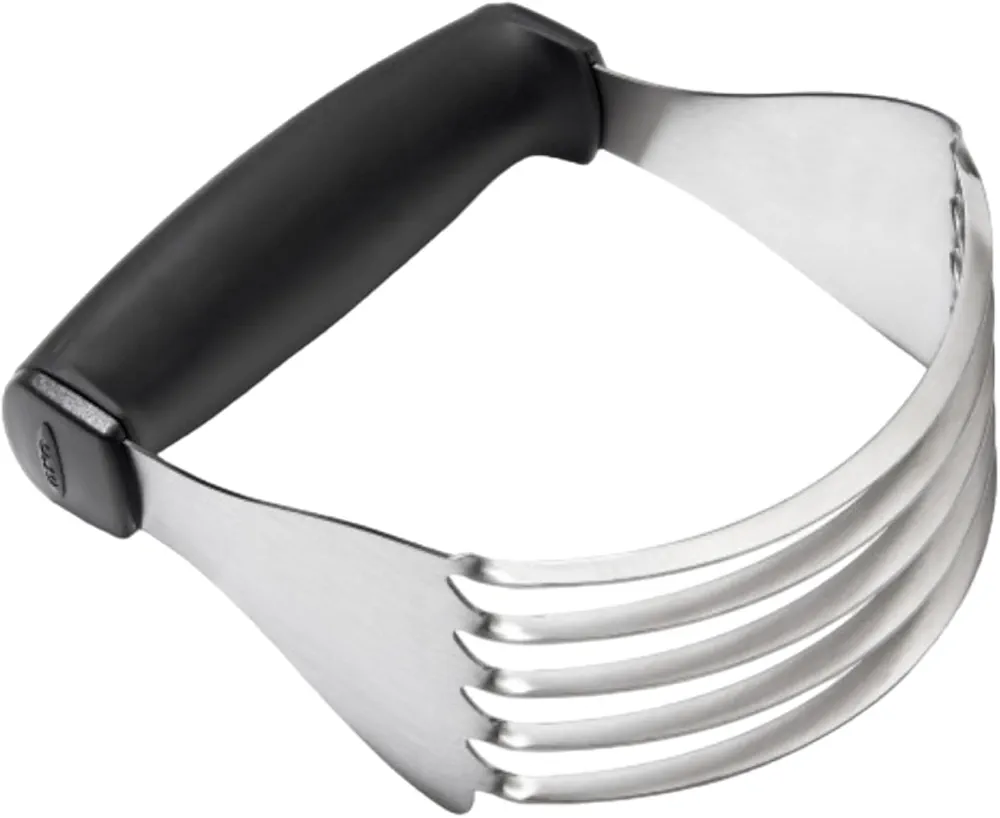Views: 1
Poultry Farming in Nigeria: A Complete Guide to Starting and Managing Your Farm
Poultry farming in Nigeria is a growing industry with vast opportunities for both new and experienced entrepreneurs. As demand for poultry products, especially chicken and eggs, continues to rise, starting a poultry farm can be a profitable venture. However, it requires proper planning, knowledge of farming practices, and a sound business strategy to succeed.
In this comprehensive guide, we’ll explore how to start a poultry farm in Nigeria, the types of poultry farming, the costs involved, and essential management tips for running a successful poultry business. We’ll also touch on common questions like how much it costs to set up a poultry farm and how to write a business proposal for poultry farming.
Key Takeaways
- Poultry farming in Nigeria presents profitable opportunities, especially with the growing demand for chicken and eggs.
- Planning, including a solid business proposal, market research, and financial projections, is key to success.
- Understanding the operational costs, including feed, labor, and housing, is crucial for profitability.
- Selecting the right poultry farm type (broiler, layer, or mixed) is essential to your farm’s success.
- Financial management and risk mitigation strategies are critical for managing unforeseen challenges like disease outbreaks.
Introduction to Poultry Farming in Nigeria
Poultry farming involves the breeding, raising, and managing of domestic fowl (mainly chickens) for the production of meat and eggs. It is a highly lucrative industry in Nigeria, given the country’s large population and increasing consumption of poultry products. Nigeria’s poultry industry has become a significant part of the agricultural sector, and it provides employment to millions of people, both directly and indirectly.
With a growing middle class, higher protein consumption, and increasing urbanization, the demand for chicken meat and eggs in Nigeria continues to rise. As a result, poultry farming has emerged as one of the most profitable agricultural enterprises in the country. However, just like any business, success in poultry farming requires a clear plan, dedication, and understanding of the challenges involved.
Types of Poultry Farming
Before starting your poultry farm, it’s essential to choose the type of poultry farming that aligns with your goals and available resources. The three main types of poultry farming are:
1. Broiler Farming
Broiler farming focuses on raising chickens for meat production. These birds are typically bred to grow rapidly and are harvested for meat within 6 to 8 weeks. Broiler farming can be highly profitable due to the high demand for chicken meat in Nigeria. However, broiler farming requires efficient management of feed, disease control, and temperature regulation to ensure quick growth and minimize losses.
2. Layer Farming
Layer farming involves raising hens for egg production. The birds are usually kept in cages, and their primary purpose is to lay eggs for sale. Layer farming is a steady source of income, as eggs are a daily product, and demand remains consistently high. However, it requires careful attention to feed management and maintaining optimal conditions for the layers to ensure a good egg-laying rate.
3. Mixed Poultry Farming
Mixed poultry farming combines both broiler and layer farming. This model allows you to diversify income streams by producing both eggs and meat. The downside is that mixed farming requires more complex management due to the different needs of broilers and layers. However, it can be a more balanced business approach, providing flexibility and reducing the risk of relying on one market product.
How to Start Poultry Farming in Nigeria
Starting a poultry farm in Nigeria involves a series of steps, from planning and acquiring land to purchasing birds and equipment. Here’s a step-by-step guide on how to start your poultry farm:
Step 1: Write a Business Proposal
A well-crafted poultry farming business proposal is essential for guiding your operations and securing financing from banks or investors. This proposal should include an executive summary, detailed business plan, financial projections, and a marketing strategy. Key sections to include are:
- Executive Summary: A brief introduction to your poultry farm, including your mission and objectives.
- Business Description: A detailed explanation of your farm’s operations, size, location, and farm management systems.
- Market Research: Insight into the local demand for poultry products and competitive analysis.
- Financial Plan: Breakdown of startup costs, revenue projections, and funding requirements.
Step 2: Secure Funding
Poultry farming requires an initial investment for land acquisition, poultry housing, equipment, and stock (chickens). Depending on the scale of your operation, the amount of funding needed can vary. It’s essential to secure enough capital to cover these initial costs and support the farm until it begins generating income.
Step 3: Choose a Suitable Location
Location is critical for the success of your poultry farm. Choose a location that is easily accessible, has reliable water sources, and is far from pollution or industrial areas that could affect the birds. Ensure that the land is large enough for expansion if needed.
Step 4: Set Up Poultry Housing
Poultry housing must be designed to provide adequate ventilation, temperature control, and protection from predators. There are different types of poultry houses, including traditional wooden houses, metal sheds, or modern automated systems. The type of housing you choose will depend on your budget, farm size, and production goals.
Step 5: Purchase Stock
You’ll need to acquire poultry stock, either day-old chicks (for broiler or layer farms) or ready-to-lay hens. When purchasing stock, ensure they come from reputable hatcheries that provide healthy, disease-free birds. It’s crucial to start with healthy chicks to avoid diseases and loss of stock.
Check out Poultry Farming Business Plan
Step 6: Feed Management
Poultry feed is a significant part of your farm’s operational costs. You must ensure that your birds are fed a balanced diet that meets their nutritional needs. The feed should be rich in protein, carbohydrates, vitamins, and minerals. In Nigeria, the cost of poultry feed can fluctuate, so it’s essential to keep a close eye on market prices.
Step 7: Health Management
Health management is crucial for keeping your poultry healthy and productive. Implement biosecurity measures to prevent the spread of diseases, such as avian flu or Newcastle disease. Regular vaccinations, disease monitoring, and maintaining clean living conditions will help keep the birds healthy and reduce losses.
Operational Costs of Poultry Farming in Nigeria
The costs involved in running a poultry farm in Nigeria depend on the scale of your operations and the type of poultry farming you choose. Some of the key expenses include:
- Land Acquisition: The cost of acquiring land for your poultry farm can vary based on location, size, and accessibility. It’s essential to invest in land that provides ample space for poultry housing, feed storage, and future expansion.
- Poultry Housing: Building or renting a poultry house can be expensive. Depending on the materials used and the level of automation, poultry housing costs can vary. Basic structures cost less, but advanced, climate-controlled houses can be more expensive.
- Equipment and Tools: This includes feeders, water systems, egg trays, lighting, and waste disposal equipment. The cost of these items can add up, so it’s essential to invest in durable equipment that will last.
- Feed: Poultry feed is one of the highest recurring costs. The price of poultry feed in Nigeria fluctuates based on the availability of ingredients like maize and soybean. On average, a 50kg bag of poultry feed costs between ₦12,000 and ₦15,000.
- Labor: Depending on the size of your farm, you may need to hire workers for feeding, cleaning, and other farm operations. Labor costs should be considered when creating your financial projections.
- Vaccination and Medicine: Vaccines are essential to prevent diseases that could wipe out your flock. You’ll need to budget for regular vaccinations and medications to ensure the health of your birds.
Also Read
Lucrative Business in Nigeria: 5 High-Profit Ventures to Start Now
Business Ideas in Nigeria: Top Opportunities fo Entrepreneurs
Pig Farming in Nigeria: The Ultimate Guide
Financial Planning and Profitability
To ensure profitability, it’s crucial to keep track of your income and expenses. Profit margins in poultry farming depend on several factors, including feed prices, poultry health, market demand, and operational efficiency. Here are some key financial points to consider:
- Cost of Raising 100 Broilers: It typically costs between ₦80,000 and ₦100,000 to raise 100 broilers in Nigeria, including feed, vaccines, and housing costs.
- Revenue Generation: Depending on the type of poultry farming, you can expect to generate income from selling meat (broilers) or eggs (layers). On average, a broiler can sell for ₦3,000 to ₦4,000, while eggs sell for around ₦30 to ₦40 per dozen.
- Profitability: Broiler farming can be highly profitable due to the rapid growth and relatively short production cycle (6–8 weeks). Layer farming, on the other hand, provides a steady, long-term income from egg sales.
Risk Mitigation in Poultry Farming
Poultry farming faces various risks, including disease outbreaks, feed price volatility, and market fluctuations. To minimize these risks, implement risk mitigation strategies such as:
- Disease Prevention: Adopt strict biosecurity protocols, including isolating sick birds, regularly cleaning equipment, and vaccinating your flock.
- Feed Procurement: Establish relationships with multiple feed suppliers to mitigate the impact of price fluctuations.
- Insurance: Consider insuring your farm against unforeseen events like disease outbreaks or natural disasters.
Conclusion
Poultry farming in Nigeria offers a promising avenue for generating income, creating jobs, and contributing to food security. By understanding the necessary steps, operational costs, and financial considerations, you can build a successful poultry farm. Careful planning, market research, and management are key to ensuring profitability in this competitive industry. Whether you’re focused on broilers, layers, or mixed poultry farming, starting with a solid business proposal and understanding your costs will set you on the path to success.
FAQs
How much does it cost to set up a poultry farm in Nigeria?
Setting up a poultry farm in Nigeria can cost between ₦500,000 and ₦2,000,000, depending on the scale of operations and farm location.
How many bags of feed for 1000 broilers in Nigeria?
1000 broilers typically consume about 20–30 bags of feed (50kg each) over their 6–8-week growth period.
How much will it cost to raise 100 broilers in Nigeria?
Raising 100 broilers in Nigeria can cost between ₦80,000 and ₦100,000, depending on feed, housing, and other inputs.
How much is 50kg poultry feed in Nigeria?
The cost of a 50kg bag of poultry feed in Nigeria ranges from ₦12,000 to ₦15,000, though prices may vary by location.



